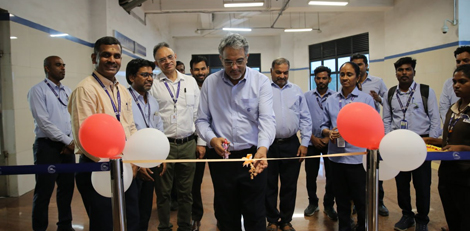Researchers produce Voltaic cell functional with stomach acid
Posted on: 08/Feb/2017 2:49:46 PM

MIT and Brigham and Women’s Hospital researchers have developed a mini voltaic cell. This is sustained by the stomach’s acidic fluids. The power produced by this cell will be sufficient to run small sensors or drug delivery devices to be placed within gastrointestinal tract. The power thus produced is safer, better and cheaper alternative to batteries conventionally used.
Giovanni Traverso, a research affiliate at Koch Institute for Integrative Cancer Research says several methods of powering such systems for prolonged period is necessary.
This GI tract offers unique way to house drug delivery system and sensing. The way in which it is powered is the fundamental to these. Traverso is also a gastroenterologist and biomedical engineer working with the Brigham and Women’s Hospital. He is also among the senior authors of the study.
A number of ingestible devices possible to be used for gathering physiological conditions like temperature, heart rate, breathing rate, or for delivering drugs for malaria or other diseases are produced by Traverso and Langer.
Langer claims this to lay path for new generation of electronic ingestible pills which can on one day enable contemporary methods to monitor health of patients.







